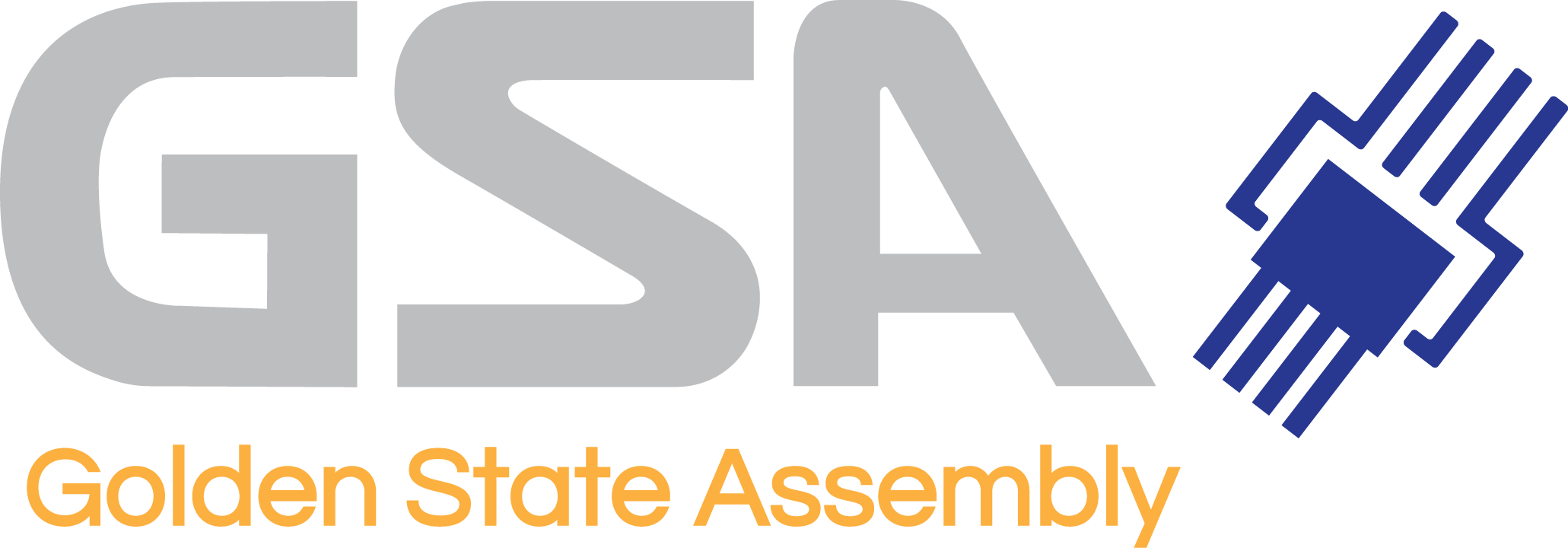Technical Library | 2023-01-17 17:37:45.0
Various international market trends drive electronics manufacturers and their mate- rials and equipment suppliers to develop new assembly techniques to reduce the industry's environmental impact. Two pri- mary forces in this drive are the movements to lead-free assembly and ISO 14000 cer- tification. In response to these factors, reflow technology advances are enabling manufacturers to meet or anticipate the new environmental mandates.
Technical Library | 2019-07-10 23:36:14.0
Pockets of gas, or voids, trapped in the solder interface between discrete power management devices and circuit assemblies are, unfortunately, excellent insulators, or barriers to thermal conductivity. This resistance to heat flow reduces the electrical efficiency of these devices, reducing battery life and expected functional life time of electronic assemblies. There is also a corresponding increase in current density (as the area for current conduction is reduced) that generates additional heat, further leading to performance degradation.
Technical Library | 2023-01-17 17:35:07.0
After years of concentration on resolving productivity- related concerns such as increasing speed, consistency and throughput while reducing costs, many of the world's leading electronics manufacturers have added a new mandate to their agendas. They are seeking to minimize the environmental impacts of their assembly processes and final products without sacrificing the high levels of productivity and quality that have been achieved through decades of effort.
Technical Library | 2023-01-17 18:07:31.0
To achieve higher levels of consistency in PCB output, process engineers are able to maintain tighter controls and reduce process-related defects by using closed-loop process controls. At every stage of assembly, from screen printing through placement to reflow, closed-loop systems help control the variable factors that can have adverse effects on the process.
Technical Library | 2023-01-17 17:19:44.0
A test program was developed to evaluate the effectiveness of vacuum reflow processing on solder joint voiding and subsequent thermal cycling performance. Area array package test vehicles were assembled using conventional reflow processing and a solder paste that generated substantial void content in the solder joints. Half of the population of test vehicles then were re-processed (reflowed) using vacuum reflow. Transmission x-ray inspection showed a significant reduction in solder voiding after vacuum processing. The solder attachment reliability of the conventional and vacuum reflowed test vehicles was characterized and compared using two different accelerated thermal cycling profiles. The thermal cycling results are discussed in terms of the general impact of voiding on solder thermal fatigue reliability, results from the open literature, and the evolving industry standards for solder voiding. Recommendations are made for further work based on other void reduction methods and additional reliability studies.
Technical Library | 2023-01-17 17:27:13.0
Reflow profile has significant impact on solder joint performance because it influences wetting and microstructure of the solder joint. The degree of wetting, the microstructure (in particular the intermetallic layer), and the inherent strength of the solder all factor into the reliability of the solder joint. This paper presents experimental results on the effect of reflow profile on both 63%Sn 37%Pb (SnPb) and 96.5%Sn 3.0%Ag 0.5%Cu (SAC 305) solder joint shear force. Specifically, the effect of the reflow peak temperature and time above solder liquidus temperature are studied. Nine reflow profiles for SAC 305 and nine reflow profiles for SnPb have been developed with three levels of peak temperature (230 o C, 240 o C, and 250 o C for SAC 305; and 195 o C, 205 o C, and 215 o C for SnPb) and three levels of time above solder liquidus temperature (30 sec., 60 sec., and 90 sec.). The shear force data of four different sizes of chip resistors (1206, 0805, 0603, and 0402) are compared across the different profiles. The shear force of the resistors is measured at time 0 (right after assembly). The fracture surfaces have been studied using a scanning electron microscopy (SEM) with energy dispersive spectroscopy (EDS)
Technical Library | 2024-08-20 00:40:08.0
In electronics manufacturing, 'Underfill' refers to a material that is applied to fill the gap between a semiconductor device, such as flip-chip assemblies, Ball Grid Arrays (BGA), or Chip Scale Packages (CSP), and the substrate, such as a PCB or flex circuit.
Technical Library | 2023-08-16 18:48:50.0
One of our aerospace customers was looking to automate a few manual operations and asked for suggestions. This customer specializes in assemblies for inflight connectivity for commercial airlines and low orbit satellites. The dispensing process included the application of bonding to the sides of large and small components (4-axis) and the ability to cope with the changing viscosity during processing. The material used was EC-2216 B/A Two Part Epoxy and the largest board size was 12"x10"
Technical Library | 2023-09-07 14:54:10.0
A global manufacturer of a broad line of electronic interconnect solutions worked with us to dispense conductive adhesive EpoTek H20E-FC. EpoTek H20E-FC is a two-component, electrically conductive, snap curing epoxy for photovoltaic thin film module stringing, semiconductor packaging and PCB circuit assembly. The primary goal was filling a rectangular cavity on a connector. The epoxy needed to fill the connector to the top of the walls in less than three seconds.
Technical Library | 2020-01-06 07:54:53.0
ASCEN technology make the mini PCB magazine loader without magazine rack to save more space for most of production line,PCB mini loader can use as the PCB unloader or loading machine in different station and let the factory maximized to using the space

Golden State is a contract manufacturer that makes wire harnesses, electromechanical assemblies (box builds, subassemblies, PCBAs, kits, etc.) and services (sorting, rework, value additive manufacturing engineering)
18220 Butterfield Blvd
Morgan Hill, CA USA
Phone: 5102268155